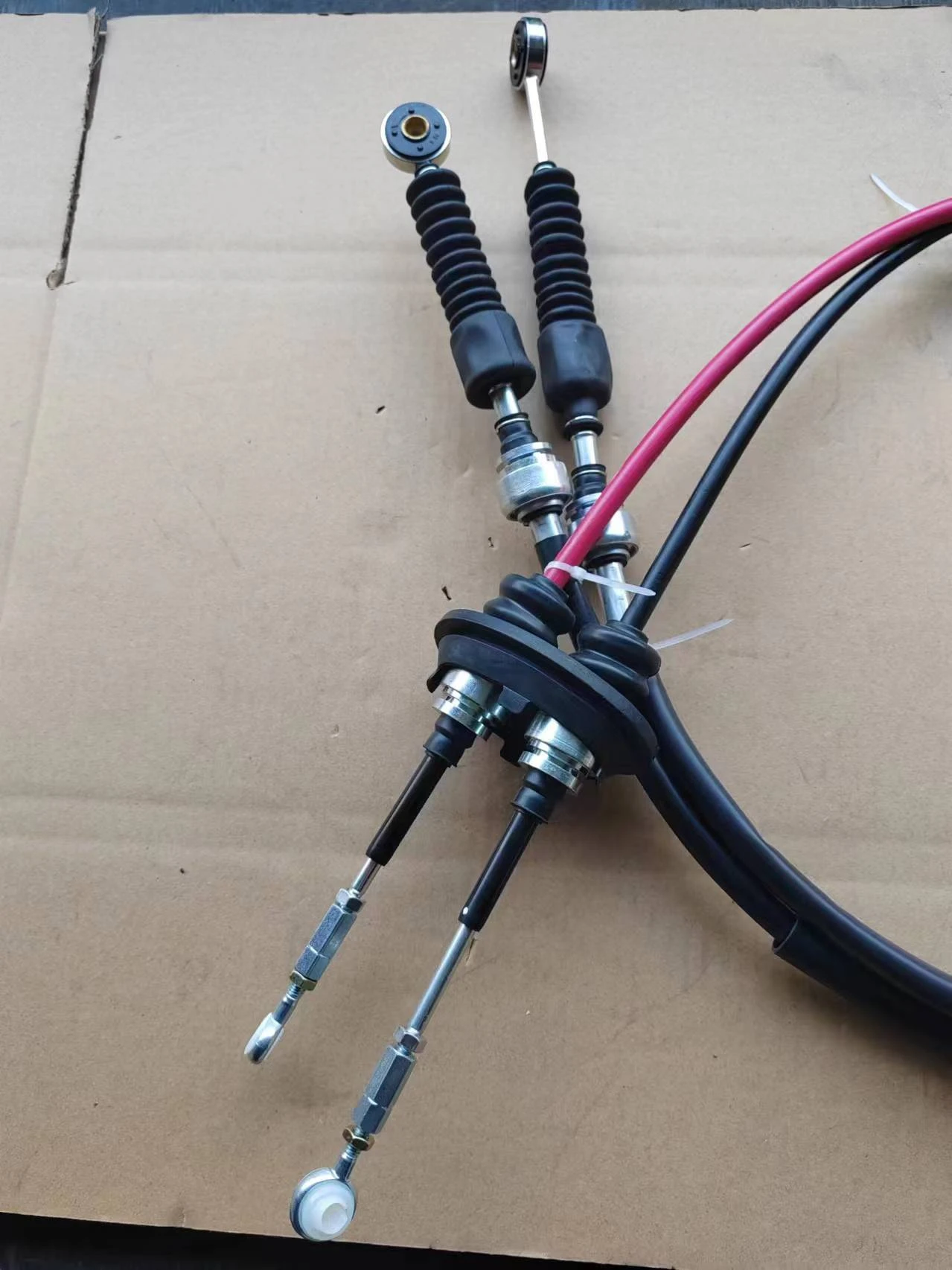clutch slave cylinder hydraulic line
Understanding the Clutch Slave Cylinder Hydraulic Line Importance and Maintenance
The clutch system of a vehicle plays a crucial role in facilitating smooth gear changes and overall transmission functionality. Among the various components that comprise this system, the clutch slave cylinder and its hydraulic line are pivotal in ensuring efficient performance. In this article, we will dive into the function and significance of the clutch slave cylinder hydraulic line, its common issues, and maintenance tips.
What is the Clutch Slave Cylinder?
The clutch slave cylinder is part of a hydraulic system that engages and disengages the vehicle's clutch when the driver presses the clutch pedal. When the pedal is depressed, hydraulic fluid is pushed from the master cylinder to the slave cylinder through the hydraulic line. This action extends a piston within the slave cylinder, which then pushes the clutch release fork. This fork disengages the clutch, allowing the driver to shift gears effortlessly.
The Role of the Hydraulic Line
The hydraulic line, connecting the master cylinder to the clutch slave cylinder, is an essential component of this system. It is typically made of high-pressure rubber or metal that can withstand the hydraulic fluid’s pressure and temperature variations. This line serves as the conduit for the hydraulic fluid that enables the transfer of force from the pedal to the slave cylinder. Proper function of the hydraulic line is critical; any leaks or obstructions can lead to clutch disengagement issues, making it difficult or impossible to shift gears.
Common Problems with the Clutch Slave Cylinder Hydraulic Line
1. Leaking Fluid One of the most common issues with hydraulic lines is leakage. Leaks can occur due to wear and tear, punctures, or corrosion, leading to a drop in hydraulic pressure. A leaking hydraulic line often results in a soft or unresponsive clutch pedal, substantially impairing the vehicle’s drivability.
2. Clogging Hydraulic lines can also suffer from clogging, usually due to contamination within the hydraulic fluid. Debris or moisture can accumulate over time, leading to decreased efficiency. A clogged line may prevent fluid from reaching the slave cylinder, which hampers the clutch’s ability to disengage properly.
3. Worn Components Over time, the rubber or metal components of the hydraulic line can become brittle or deformed. Exposure to extreme temperatures or environmental conditions may accelerate this deterioration, causing the line to fail.
clutch slave cylinder hydraulic line

4. Air in the System Air can get trapped in the hydraulic line, leading to a spongy pedal feel. This issue often arises during maintenance or if the hydraulic fluid is not correctly bled from the system, inhibiting the effective transfer of pressure necessary for clutch operation.
Maintenance Tips
To ensure the longevity and efficiency of the clutch slave cylinder hydraulic line, regular maintenance is crucial. Here are some tips to keep in mind
1. Inspect Regularly Regular visual inspections of the hydraulic line for signs of wear, leaks, or damage can help catch problems early. Look for cracks, bulges, or fluid puddles underneath the vehicle.
2. Change Hydraulic Fluid It’s essential to change your hydraulic fluid according to the vehicle manufacturer’s recommendations. Old or contaminated fluid can lead to problems in the hydraulic system, including clogging and decreased performance.
3. Bleed the System When performing maintenance, ensure that any air trapped in the hydraulic line is bled out. This process can help restore the proper feel to the clutch pedal and improve the overall performance of the system.
4. Replace Worn Parts If you notice any damage or wear on the hydraulic line or the slave cylinder itself, it is essential to replace these components promptly to prevent further damage to the clutch system.
Conclusion
The clutch slave cylinder hydraulic line is a vital component of your vehicle's clutch system, playing an indispensable role in gear shifting. Understanding its functionality and recognizing early signs of issues can help ensure optimal performance. Regular maintenance and timely repairs can keep your clutch system running smoothly, providing a better driving experience and safeguarding the integrity of your vehicle’s transmission system.
-
Upgrade Your Vehicle with High-Quality Handbrake CablesNewsNov.01,2024
-
Optimize Your Bike's Performance with Quality CablesNewsNov.01,2024
-
Enhance Your Vehicle's Performance with Quality Clutch ComponentsNewsNov.01,2024
-
Elevate Your Vehicle's Performance with Quality Throttle CablesNewsNov.01,2024
-
Elevate Your Vehicle's Performance with Quality CablesNewsNov.01,2024
-
Affordable Solutions for Your Cable NeedsNewsNov.01,2024
